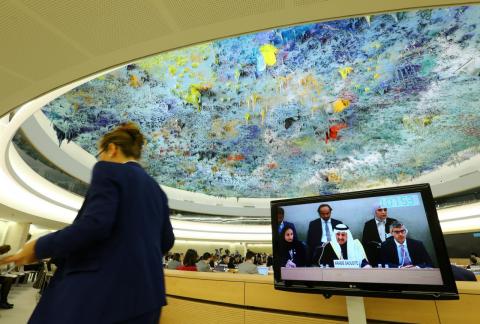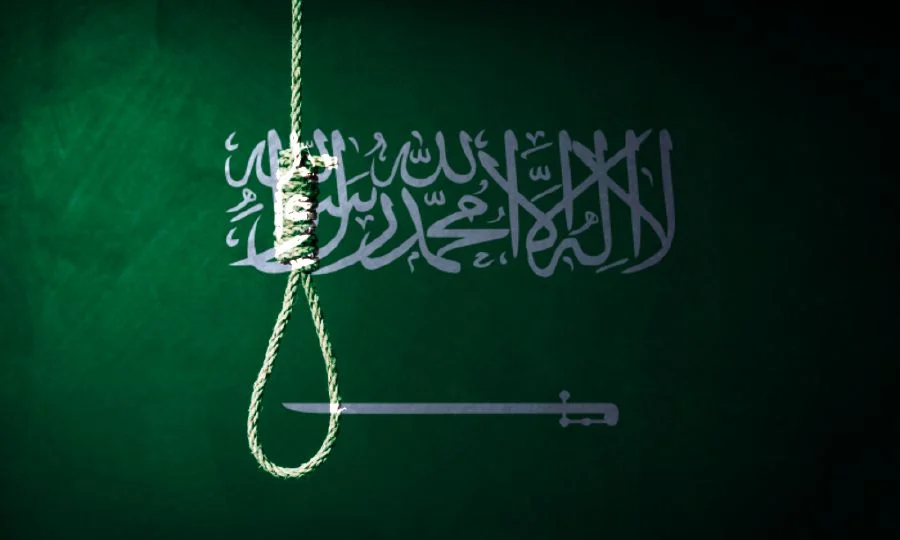With the global rise of Artificial Intelligence (AI), countries have increasingly adopted regulations to restrict the use of this new technology, exemplified by the AI Act in the European Union. In contrast, Gulf governments have taken a more business-friendly approach to AI regulation, raising concerns about potential breaches of their populations’ privacy rights. Notably, Saudi[…]
The Universal Periodic Review (UPR) is an important tool to keep states accountable, combat impunity for human rights violations, and promote open dialogue on human rights issues. Nevertheless, states such as Saudi Arabia notoriously do not follow through on their promises to implement recommendations, a fact that many at Saudi Arabia’s fourth Universal Periodic Review[…]
On July 3, 2024, the Esports World Cup, the largest global event of its kind, will kick off in Saudi Arabia amid controversy in the gaming community. Saudi’s last attempt to become a hub for international esports has, once more, triggered discussions about the ethical implications of hosting major sports -and esports- events in countries[…]
Saudi Arabia’s human rights record continues to be deeply concerning. This report includes the four most alarming points at present in Saudi Arabia; including the killing of migrants, repression of dissidents and systemic discrimination against women. The following sectors covered by this report violate international Human Rights standards and demand urgent attention. Criminal Justice, Arbitrary[…]
In April 2024, the Court of Appeal in Saudi Arabia approved two death sentences for Yousif Al-Manasif and Ali Al-Mubaiouq, both Saudi nationals, who were accused of protest-related crimes allegedly committed as children. The two men were arrested between April 2017 and January 2018 for protesting against the government and ‘betraying the homeland’, a time[…]









